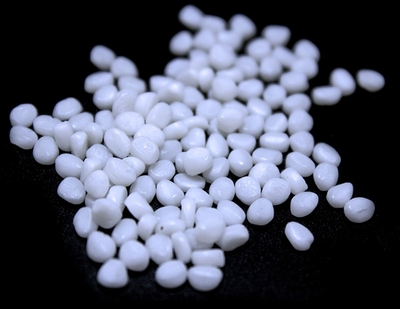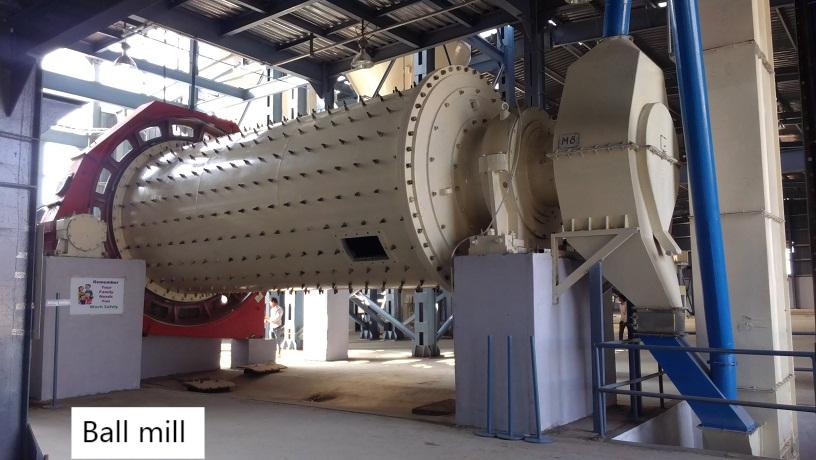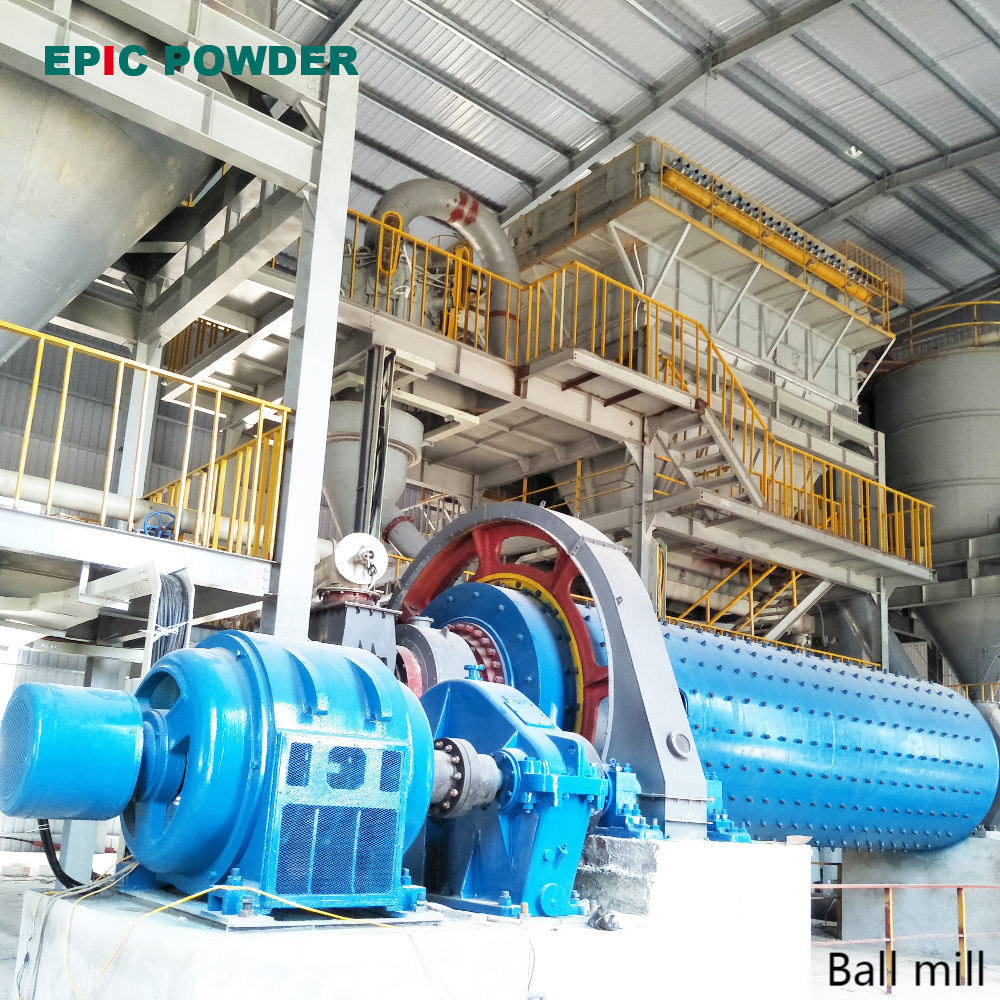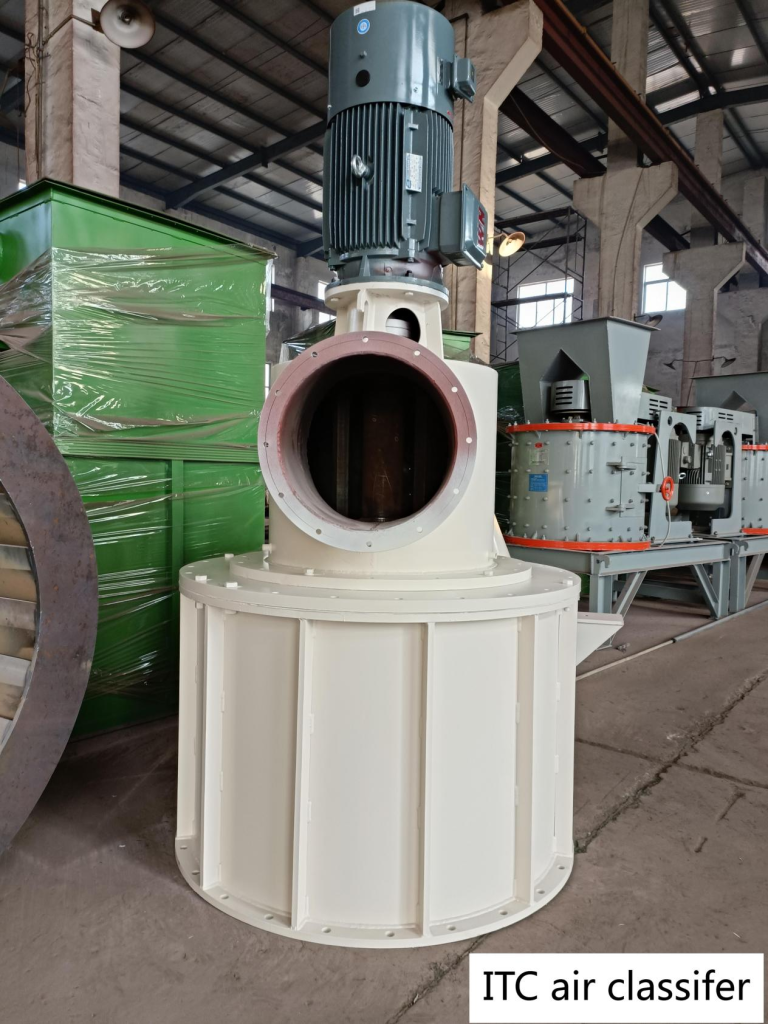Performance parameters of calcium carbonate have important impact on modified masterbatch of plastics, it is mainly reflected in following aspects:
Calcium content
Calcium content is an important quality indicator of calcium carbonate. Modified masterbatch of plastics has high requirements for calcium content, generally above 98%. The higher the calcium content, the more stable the processing performance of calcium carbonate. When calcium content is low, the content of heavy metals and other non-metallic impurities will be high, this will not only affect the use of calcium carbonate, but also affect processing technology.

Whiteness
The whiteness of calcium carbonate directly affects the whiteness and colorability of modified masterbatch. Masterbatch has very strict requirements on whiteness of calcium carbonate. At present, calcium carbonate of 400 mesh requires whiteness to be over 95%, some can even reach 97%. While the bad thing is that in order to improve the whiteness of products, some manufacturers add fluorescent brightener to modified masterbatch, excessive whitening agent will not only cause products to decompose and turn yellow, but also cause certain irritation and harm to human body.
Content of moisture and volatile substance
The raw material of calcium carbonate, such as natural marble or calcite, usually contains no structural water. After being processed into ultra-fine powder, it is easy to absorb moisture during processing, storage and transportation. Additionally, calcium carbonate may contain trace volatile substance. Higher content of volatile substance will also affect modified masterbatch and finished plastic products. The content of moisture and volatile substances should generally be controlled at around 0.3%. When content over 0.3%, it is easy to affect product quality, roughness, bubbles and decomposition would appear on the surface of products.
Particle size distribution
The particle size distribution of calcium carbonate is a quality indicator for modified masterbatch. The narrower the particle size distribution range, the more stable the material performance; the wider the particle size distribution range, the worse the material performance. For example, calcium carbonate of 1250 mesh should be with particle size around 10μm. If particle size distribution is around 5-38μm, in theory, average particle size is close to 10μm, but the smaller particles, due to large specific surface area, is easy to condense into a mass; While the larger particles will lead to roughness on the surface of products, thereby affecting processing performance and mechanical properties.
Particle shape
The influence of particle shape of calcium carbonate on modified masterbatch is mainly reflected in the following aspects:
1. Dispersibility
Particle shape of calcium carbonate directly affects its dispersibility in modified masterbatch. Irregularly shaped particles are more likely to agglomerate, resulting in uneven dispersion, then affecting the performance of plastic products.
2. Mechanical properties
Particle shape also affects mechanical properties of modified masterbatch. For example, needle-shaped or flake-shaped calcium carbonate may form stress concentration points in plastics, and reduce impact strength and toughness of plastic products.
3. Processing performance
Calcium carbonate of different shapes behave differently during processing. For example, spherical particles are easier to distribute evenly in plastics due to their good fluidity, thereby improving processing efficiency and product quality.
4. Filling effect
Particle shape will affect the filling effect in modified masterbatch. For example, flaky calcium carbonate is more likely to form a layered structure during filling process, this would affect the physical properties of plastic products.

The application prospect of calcium carbonate in modified masterbatch of plastics is very broad. As an inorganic filler, calcium can not only improve the performance of plastic products and reduce costs, but also has environmental advantages.
Based on the influence of particle size distribution of calcium carbonate on modified masterbatch of plastics, when applied in plastic masterbatch, calcium carbonate needs to be ground and classified to meet requirements for different particle size distribution.
Qingdao Epic Powder Machinery Co., Ltd. is a professional manufacturer of powder processing equipment. The products include: ball mill, jet mill, vibration mill, roller mill and air classifiers and surface coating modifiers, as well related auxiliary equipment, such as dust collector. The ball mill from Qingdao Epic can be used for grinding calcium carbonate with excellent performance. More important, the ball mill can combine with one classifier or multiple classifiers to produce products with multiple particle sizes at the same time. It is an international standard non-mineral processing production line. Meanwhile, the entire process is automatically controlled. “One customer, one design”, advanced quality and high after-sale service from Qingdao Epic would be your ideal choice.
If you are interested in ball mill and classifier or other equipment form Qingdao Epic, please contact staff directly, they are always at your service.
Below are photos from Qingdao Epic for your reference




